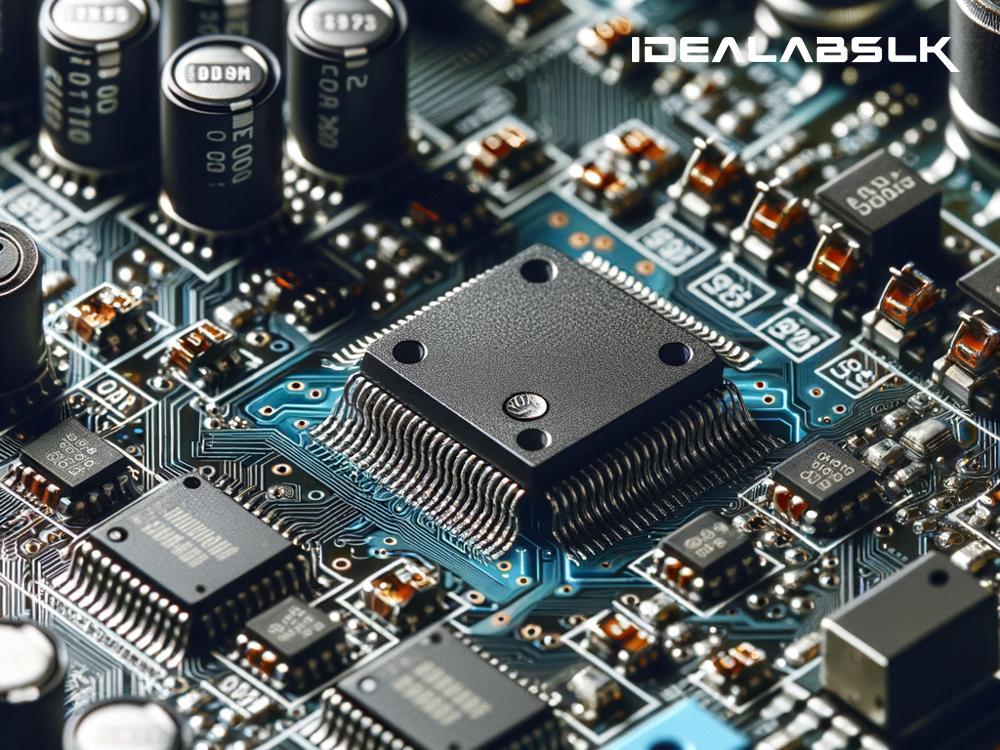The Role of Embedded Systems in Modern Hardware
In today's fast-paced world, technology lies at the heart of almost everything we do. From the smartphone you use to call a friend to the microwave oven that heats up your dinner, nearly every electronic device around us is powered by something called an embedded system. But what exactly are these systems, and why are they so crucial in modern hardware? Let's break it down in simple English.
What Are Embedded Systems?
Imagine embedding, or inserting, the brain and heart of a computer into other gadgets to make them smarter and capable of performing specific tasks on their own. That's essentially what an embedded system does. It's a mini-computer made specifically for a particular device. Unlike your personal computer or smartphone that can perform a wide range of tasks, an embedded system is designed to do a few tasks, but do them really well. It consists of a processor, memory, and software but is customized for the device it controls.
The Everywhere System
Embedded systems are like the ninjas of the technology world; they're everywhere, but you might not notice them. They're in home appliances like washing machines, televisions, and thermostats. They're in cars, managing everything from the engine system to the infotainment system. They're even in the medical devices doctors use to diagnose and treat patients. Essentially, any piece of modern hardware that requires some level of computing intelligence probably has an embedded system inside.
Why are Embedded Systems Important?
The significance of embedded systems in modern hardware can't be overstated. Here's why they're so crucial:
-
Efficiency and Reliability: Because embedded systems are designed for specific tasks, they can perform those tasks more efficiently and reliably than a general-purpose computer. For example, the embedded system in a heart monitor is optimized to track and record heart rates accurately, something it needs to do flawlessly.
-
Size and Cost: Embedded systems tend to be smaller and less costly than full-fledged computers. This makes it practical to integrate them into a wide variety of devices without significantly increasing the size or price of the product.
-
Power Consumption: Many embedded systems are designed to run on battery power for a long time. They use power only when necessary, which is vital for portable devices like smartphones and laptops.
-
Real-time Operation: Some embedded systems operate in real-time, meaning they can respond to inputs or changes in their environment immediately. This feature is crucial in applications where timing is critical, like airbag deployment in vehicles.
Taking on Today's Challenges
Embedded systems play a pivotal role in tackling some of today's most significant challenges. For instance, in the realm of healthcare, embedded devices enable new, more portable forms of patient monitoring, which can lead to earlier detection of health issues. In the environmental field, embedded systems in sensor networks monitor air and water quality, providing real-time data that can help in making informed decisions.
The Future of Embedded Systems
The future of embedded systems is incredibly exciting. As technology advances, these systems are becoming even smaller, more powerful, and more energy-efficient. This evolution could lead to their integration into virtually every aspect of daily life, from smart homes that anticipate and meet our needs, to smart cities that manage resources more efficiently. Moreover, with the rise of the Internet of Things (IoT), the connectivity of embedded systems is enabling them to share data and work together in ways we're just beginning to explore.
Conclusion
The role of embedded systems in modern hardware is both foundational and transformative. They provide the intelligence and functionality that make our devices more than just pieces of metal and plastic. By understanding the basics of embedded systems, we get a glimpse into the inner workings of the technology that surrounds us and a preview of the innovations yet to come. As we continue to push the boundaries of what's possible, embedded systems will undoubtedly play a key role in shaping the future of technology.

